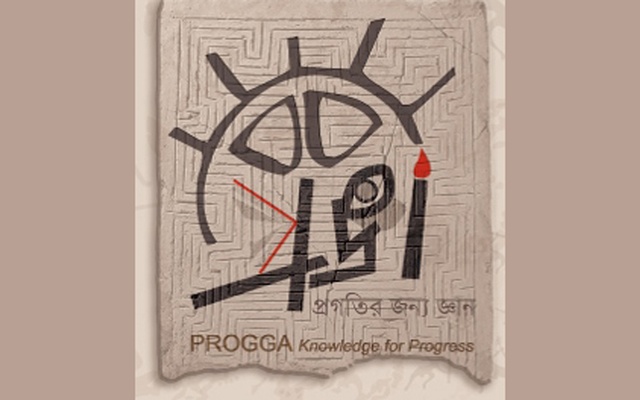Budget change allows smokeless tobacco firms to expand business: Progga

A last-minute change in the budget has given the smokeless tobacco (SLT) companies “unprecedented opportunity” to expand their trade, anti-tobacco group Progga says.
The use of SLT products is prevalent among the poor people of Bangladesh, particularly women.
Progga in an analysis said the finance minister gone back on his original proposal to replace the traditional ‘ex-factory price’ system with the ‘retail price system’ in the taxation of SLT products and finally settled for another outdated ‘tariff value system’.
As a result, the National Board of Revenue (NBR) will lose ‘a large amount of revenues from this sector, it said.
“This move, on the other hand, will double the earnings of the tobacco companies.”
In the proposed budget, the price for 10 grams of zarda and gul was set at Tk 25 with a 65 percent supplementary duty.
Compared with the 2017-18 budget, this would increase the government revenues from this sector by 168 percent.
But in the final budget, the government has turned its back to the most updated method of taxation, which is taxing on the retail price, and set the tariff value of zarda and gul at Tk 12 and Tk 6 respectively and imposed a 100 percent supplementary duty.
Hence, Progga said, the increase in revenues from this sector as demonstrated in the proposed budget will get reduced by 54 percent and the earnings of tobacco companies will get increased by 118 percent for the same amount of products.
For example, the SLT producers, under the taxation of the proposed budget, would get Tk 5.24 by selling 10 grams of zarda at Tk 25 retail price.
But according to the final budget, the share of these companies has been increased to Tk 12 for the same amount.
The increase in companies’ share is more than double.
As a result, the desperate SLT producers will increase the sale by compromising their unnatural increase of income to some extent and lessening the expected increase in their SLT products for the consumers.
Progga continued this is also because the final budget has lifted the condition of mandatory minimum retail price and allowed the SLT producers to set the prices as they deem suitable.
So, the prices of zarda and gul may not increase as expected.
The depletion in the use of zarda and gul at the consumer level and the protection for public health will not be met as expected.
Thus, the 2018-19 budget has ignored the issue of public health and made the SLT producers sole beneficiaries at the end.
Another important aspect regarding this sector is that the revenue collection system of these products “is very weak”.
As there are hundreds of unregistered zarda and gul factories, it is quite difficult to collect revenues from these factories.
So it is essential for the NBR as well as the government to take functional measures to incorporate these companies under its supervision and collect taxes, the anti-tobacco group suggested.
The most effective method in this regard is to replace the tariff value system with retail price as it is in bidi and cigarette, according to the Progga analysis.
